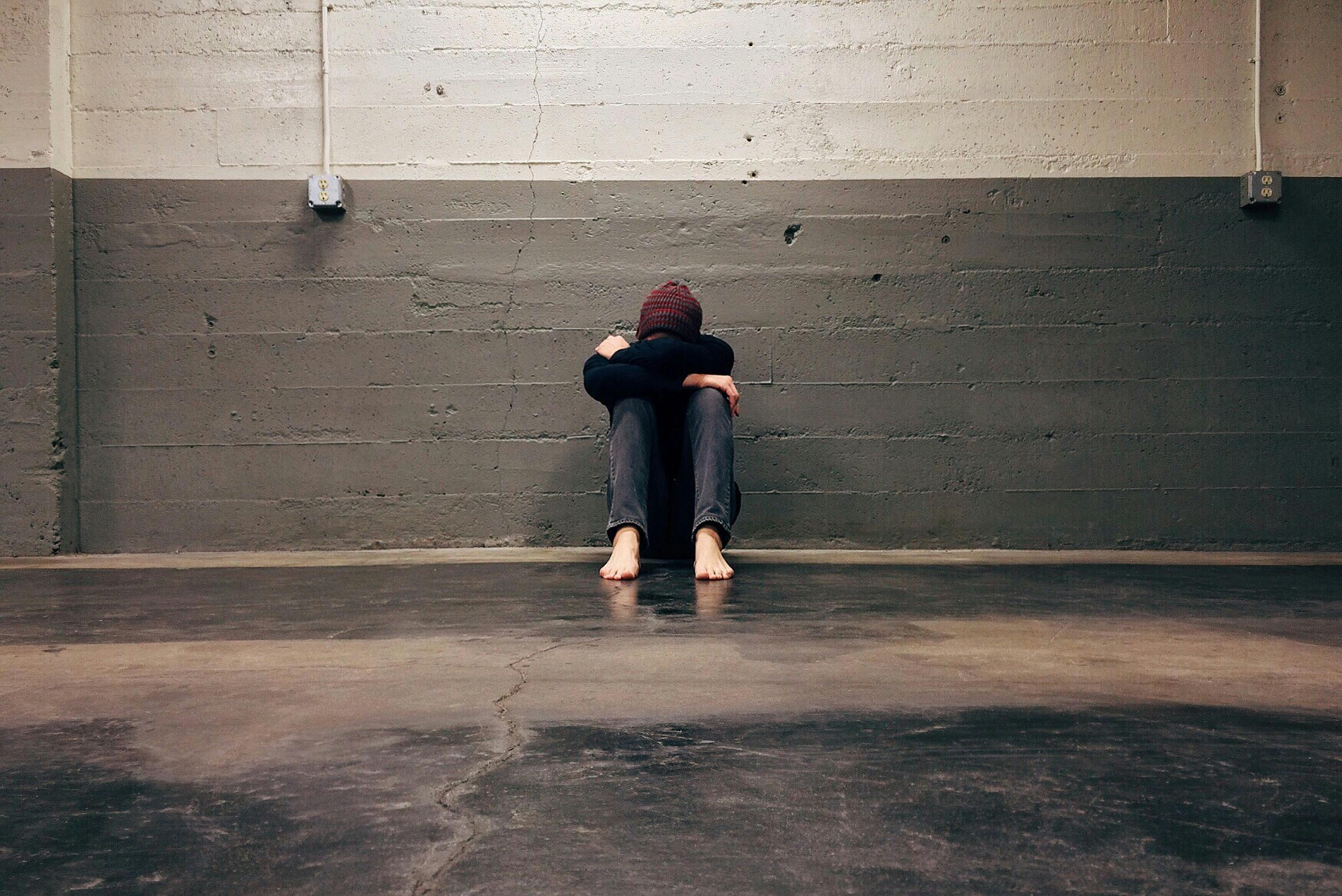Understand How Depression Impacts A Seniors Health
Depression is a significant mental health condition that affects people of all ages, but it can be particularly challenging for seniors. As people age, they face unique life transitions that can contribute to feelings of sadness, loss, and isolation. Unfortunately, depression in older adults is often overlooked or misdiagnosed because its symptoms may be mistaken for normal reactions to aging or medical conditions. Understanding how depression affects senior health is crucial for ensuring proper recognition, support, and treatment for older adults experiencing this condition.

Signs of Depression in Seniors
Depression manifests differently in seniors compared to younger adults. While persistent sadness is common across age groups, older adults may not explicitly report feeling sad. Instead, they might complain about physical problems or express a lack of motivation. Common signs include persistent fatigue, sleep disturbances, and loss of interest in previously enjoyed activities. Seniors with depression may also exhibit irritability, confusion, or attention problems that can be mistaken for dementia.
Physical symptoms often become more prominent in elderly depression. These can include accelerated cognitive decline, increased perception of physical pain, significant weight loss, and slowed movements or speech. Family members might notice their senior loved ones neglecting personal care, expressing feelings of worthlessness, or making comments about being a burden to others.
Another concerning sign is social withdrawal. Seniors with depression often pull away from social interactions, stop participating in community activities, and limit communication with family and friends. This isolation can further exacerbate depressive symptoms, creating a difficult cycle to break.
What Causes Depression in Seniors
Multiple factors contribute to depression in older adults. The most significant include major life changes such as retirement, which can lead to a loss of identity and purpose. The death of a spouse, friends, or family members creates profound grief that can evolve into clinical depression, particularly when seniors experience multiple losses in short periods.
Physical health challenges play a crucial role as well. Chronic illnesses, disability, cognitive decline, and chronic pain all increase depression risk. Approximately 25% of seniors with chronic health conditions develop depression, compared to about 10% of the general elderly population.
Social determinants significantly impact senior mental health. Reduced income after retirement can create financial stress and limit access to resources. Housing insecurity or moves to care facilities can disrupt established support networks. Social isolation remains one of the strongest predictors of depression in this age group, with studies showing that socially isolated seniors have up to 50% greater risk of developing depression.
Biological factors cannot be overlooked. Age-related changes in brain structure and neurotransmitter systems can increase vulnerability to mood disorders. Family history of depression also plays a role, with genetic factors potentially accounting for approximately 40% of depression risk.
Recognizing and Addressing Depression in Seniors
Recognizing depression in seniors requires awareness of its unique presentation. Healthcare providers should conduct thorough assessments that include depression screening during regular health visits. Family members can help by noting changes in behavior, mood, or physical capabilities that persist for more than two weeks.
Addressing depression effectively requires a multi-faceted approach. Psychotherapy has shown excellent results in older adults. Cognitive-behavioral therapy helps seniors identify negative thought patterns and develop coping strategies. Interpersonal therapy focuses on improving relationships and addressing life transitions. Problem-solving therapy teaches practical skills for managing daily challenges.
Lifestyle modifications can significantly impact depression symptoms. Regular physical activity, even light movement like walking, releases endorphins that improve mood. Maintaining social connections through community involvement, religious organizations, or senior centers provides crucial support. Establishing daily routines that include meaningful activities helps restore purpose and structure.
Family support plays a vital role in senior depression recovery. Loved ones can encourage treatment adherence, provide transportation to appointments, and create opportunities for social engagement. Simply having regular conversations and validating feelings can make a significant difference in a senior’s mental health journey.
How Depression Affects Physical Health in Seniors
Depression doesn’t just affect mental wellbeing—it creates significant physical health impacts in older adults. Research shows that depressed seniors experience accelerated physical decline compared to non-depressed peers. They face higher rates of cardiovascular problems, with depression increasing heart attack risk by approximately 30% in older adults.
The immune system becomes compromised during depression, making seniors more susceptible to infections and prolonging recovery times. Studies indicate that depressed older adults have significantly higher inflammatory markers, which are associated with numerous chronic conditions. Nutritional status often deteriorates as depression reduces appetite and interest in food preparation, leading to malnutrition that further compromises physical resilience.
Perhaps most concerning is the impact on mortality rates. Depression in seniors is associated with a significantly increased risk of premature death from all causes. This underscores the importance of viewing depression not merely as an emotional state but as a serious medical condition requiring prompt attention.
Depression’s Impact on Senior Independence and Quality of Life
Depression profoundly affects an older adult’s ability to maintain independence. Basic activities of daily living—bathing, dressing, preparing meals—often become challenging as energy levels and motivation decrease. This can accelerate the need for caregiving assistance or transitions to supportive living environments.
Cognitive function suffers significantly during depressive episodes. Seniors may experience concentration problems, decision-making difficulties, and memory issues sometimes called “pseudodementia” because these symptoms can mimic dementia but often improve when depression is treated. This cognitive impact affects everything from medication management to financial decision-making, potentially compromising safety and autonomy.
Social functioning typically diminishes as well. Depressed seniors may withdraw from community activities, religious services, and family gatherings. This reduced engagement creates a cycle where isolation worsens depression, which further increases isolation. The resulting loneliness carries its own health risks, with research showing it comparable to smoking 15 cigarettes daily in terms of mortality impact.
This article is for informational purposes only and should not be considered medical advice. Please consult a qualified healthcare professional for personalized guidance and treatment.




